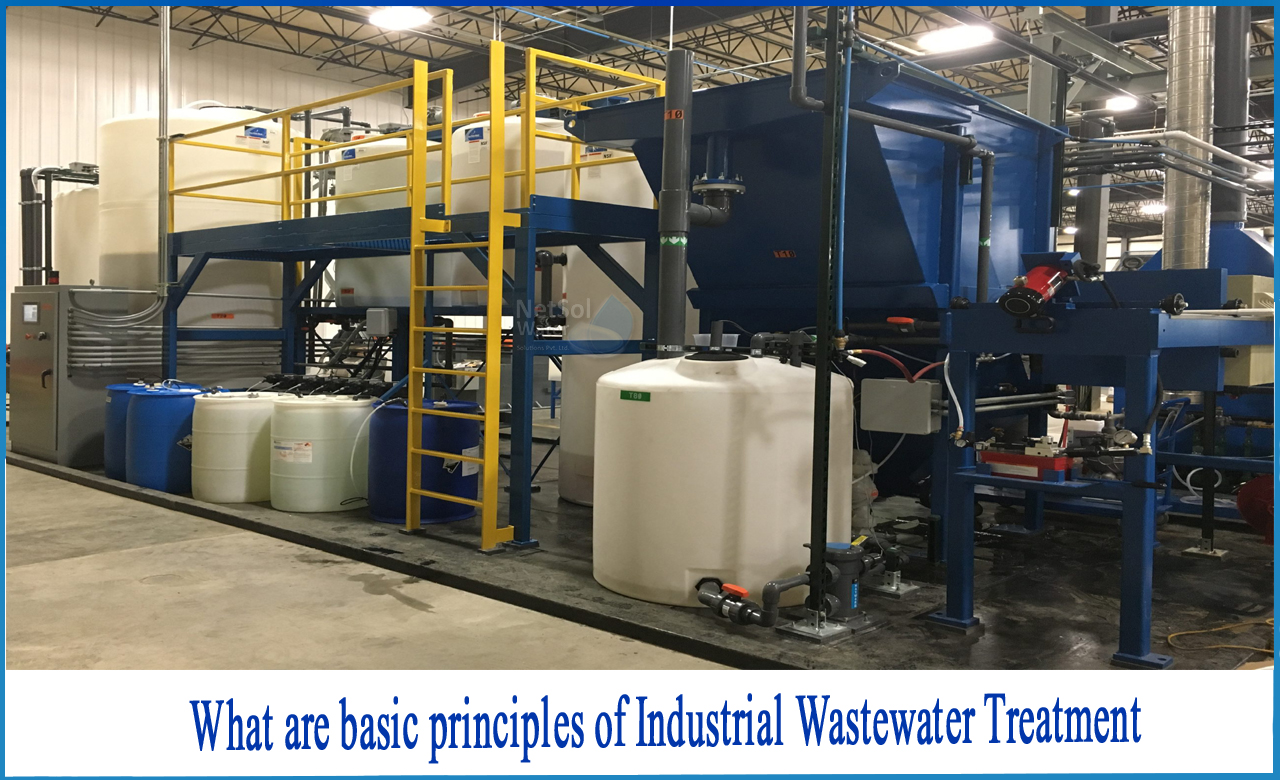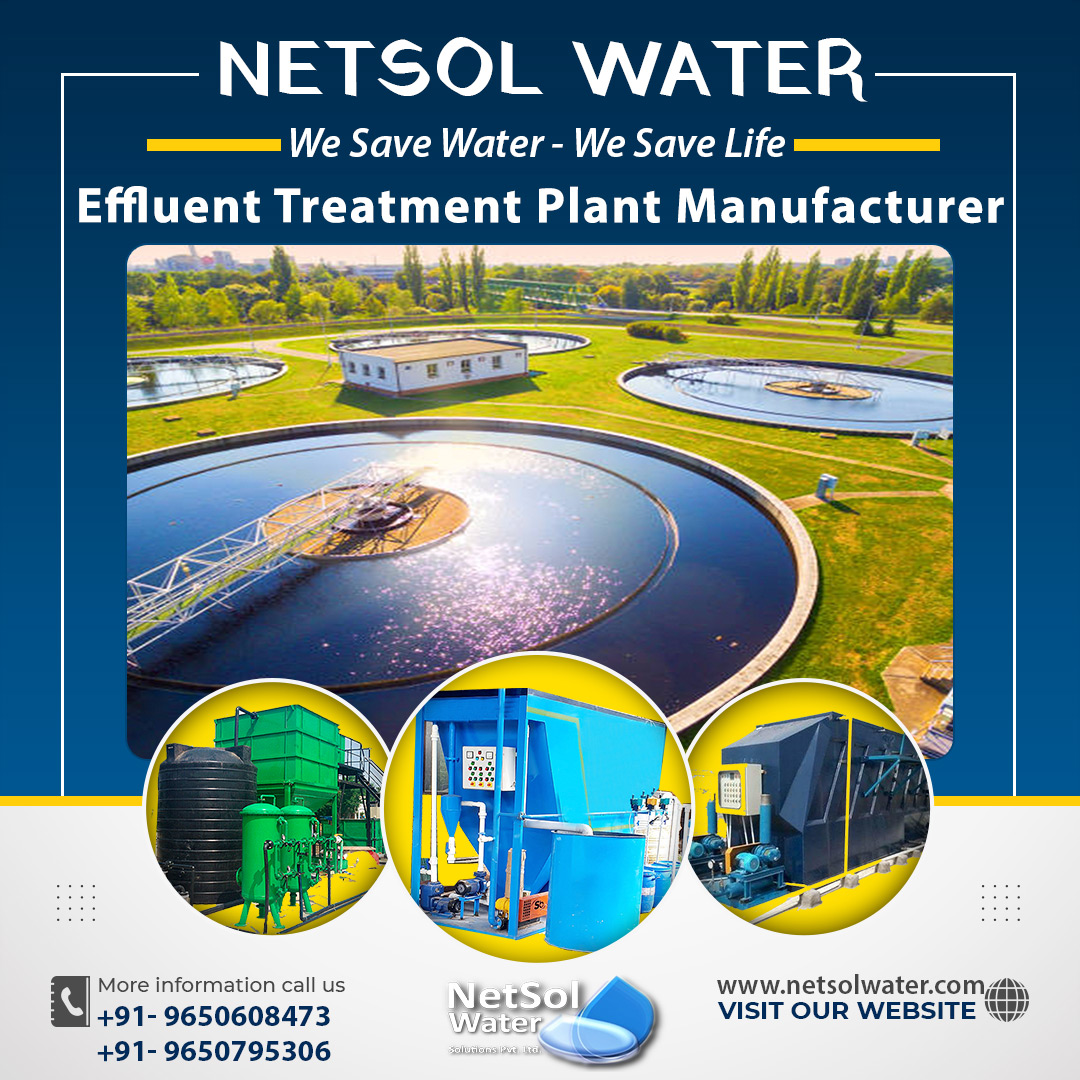Overview
Prior to release into the environment or re-use, industrial wastewater treatment encompasses the techniques and procedures used to remediate waters that have been polluted in some manner by human, industrial or commercial activity.
Although most companies create some wet waste, current trends in the industrialized world have been to reduce or recycle such waste throughout the manufacturing process. However, many businesses continue to rely on wastewater-producing technologies.
What is an Industrial wastewater?
Industrial wastewater is a by-product of the production of commercial goods. Water is used in almost every stage of the production process in a range of industries, whether it originates from the food we eat, the drinks we drink, the clothing we wear, or the paper and chemical we use.
During the production process, water can pick up a variety of contaminants that must be cleaned to safe levels before being released from an industrial manufacturing facility. TSS, fats-oils-greases (FOG), pH, bacteria, selenium, heavy metals, and other regulated chemicals and compounds are some of the components that may need to be treated.
What are basic principles of Industrial Wastewater Treatment?
Before it can be reused or discharged into the environment industrial effluent must undergo extensive cleaning. To eliminate pollutants and guarantee that enterprises comply with regional industrial wastewater treatment regulations, industrial wastewater treatment is necessary. Wastewater treatment also saves money for businesses by allowing them to reuse water in their manufacturing processes and lowering waste processing expenses.
Netsol water offers a variety of water treatment and industrial wastewater treatment systems for a variety of sectors, including food and beverage, automotive, mining, pharmaceutical, petrochemical, and power generation. Netsol offers custom-made systems and methods to suit the most demanding wastewater treatment requirements. These criteria dictate the type of industrial wastewater treatment facility that is required, which may include evaporation, clarifying, filtration, aerobic and anaerobic wastewater treatment technologies.
Industrial Wastewater Treatment's Advantages
Effective industrial wastewater treatment may create clean, reused water while lowering waste generation. Here are a few important advantages:
1: Treatment of wastewater minimizes the quantity of garbage that is discharged into the environment.
2: Water pollution-related water loss is minimized or eliminated.
3: Contaminants that might be hazardous to the environment are not discharged into the environment anymore.
4: Sludge treatment can help you in getting your money back. Natural fertilizer may be collected and utilized in agriculture.
5: Regional wastewater treatment and effluent requirements can be fulfilled and maintained, with ongoing compliance monitoring.
Industrial Wastewater Treatment: Seven Principles
1. Prioritize the use of non-toxic production processes to replace or reform backward production methods, with the goal of reducing or eliminating the creation of toxic and dangerous wastewater as much as feasible.
2. Strictly operate and oversee the process of utilizing toxic raw materials and creating harmful intermediate goods and products, eliminating drips and reducing losses.
3. To treat and recover valuable compounds, wastewater containing extremely harmful substances should be segregated from other wastewaters.
4. Wastewater with a high volume of flow and light pollution should be cleaned and recycled effectively.
5. Organic wastewater that is comparable to urban sewage can be treated in the municipal sewage system.
6. Some biodegradable hazardous wastewater should be treated first, then released into urban sewers in accordance with authorized discharge criteria, followed by further biochemical treatment.
7. It should be handled separately and not released into urban sewers since it contains hazardous wastewater that is difficult to biodegrade.
The recycling of wastewater and contaminants as valuable resources or the implementation of closed loop cycles is the current trend in industrial wastewater treatment.
Technical assistance and guidance!
Netsol Water collaborates with a wide range of international organizations to tackle complicated problems of wastewater by strategically integrating modern treatment technology with practical solutions.




